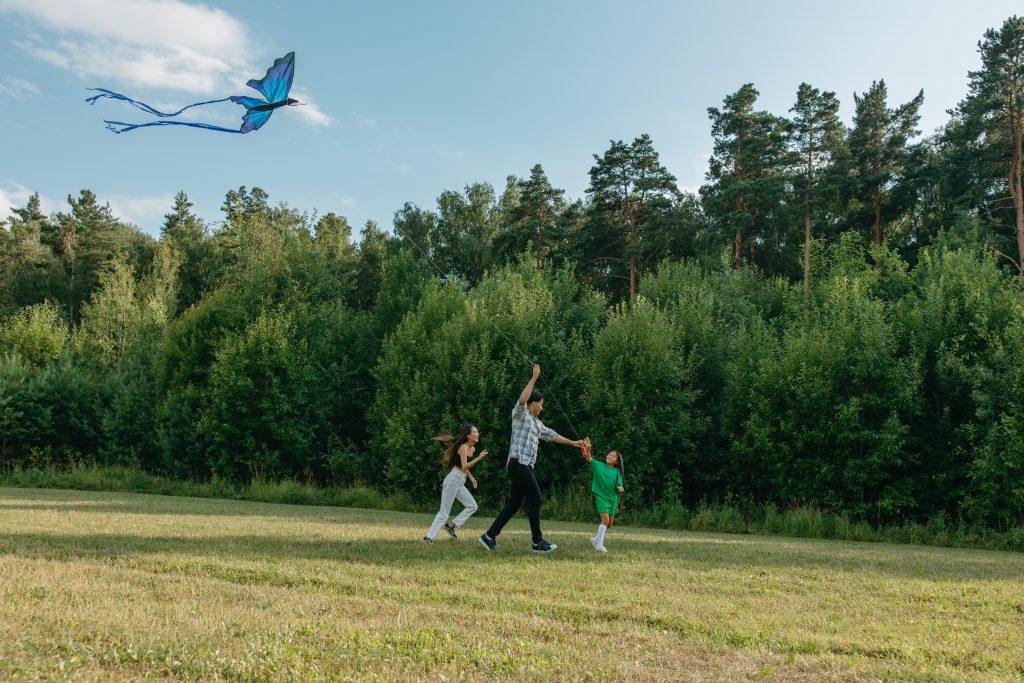
How to Change the Course of Your Life
And it’s really not that hard Do you find yourself replaying the same painful scenarios in your relationships, feeling powerless to change the outcome? Are
You are welcome to share Dr. Gloria Lee’s article:

Attachment is the buzz these days. Everyone seems to be an expert on the subject, teaching people about attachment styles and giving advice on how to develop healthier attachment.
Some of the information is sound, but often, it is mixed with pop psychology trends, hearsay, and misinformation.
Such misunderstandings can lead people to believe that they are doomed in relationships, their parents are to blame, or they have the “wrong” type of attachment style.
The true purpose of attachment theory is to help people understand their coping strategies when their attachment or connection with a loved one feels threatened (real or perceived). It says nothing about your personality or who you are.
Many of these strategies are formed in childhood, based on your most significant relationships (i.e., with your caregivers). But they are not the only source of influence.
Below are other significant factors and other little known facts about attachment styles that are grounded in research. (You can read my series on attachment styles to understand the basics.)
Attachment styles subconsciously influence much of our relational life. By understanding our attachment styles and their impact on relationships, we can foster healthier connections with ourselves and others.

And it’s really not that hard Do you find yourself replaying the same painful scenarios in your relationships, feeling powerless to change the outcome? Are

And empower your relationship today Do you ever ruminate about conversations that you had with someone and wish you said things differently that would have

And step into a new you Does it feel like you’re constantly overlooked and undervalued in your relationships, whether with friends, family, or romantic partners?

To improve your life! Our friendships comprise some of the most important relationships in our lives, sometimes even beyond marital bonds and family ties. I
© Dr. Gloria Lee 2024